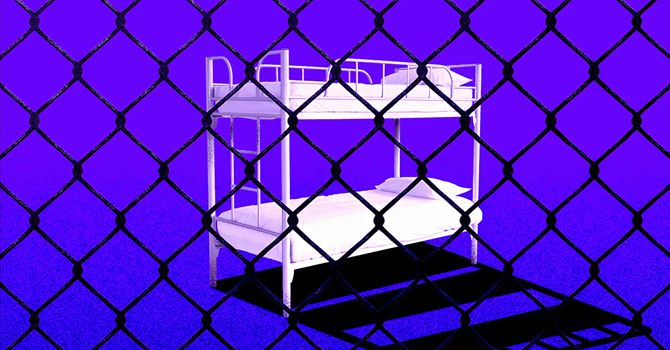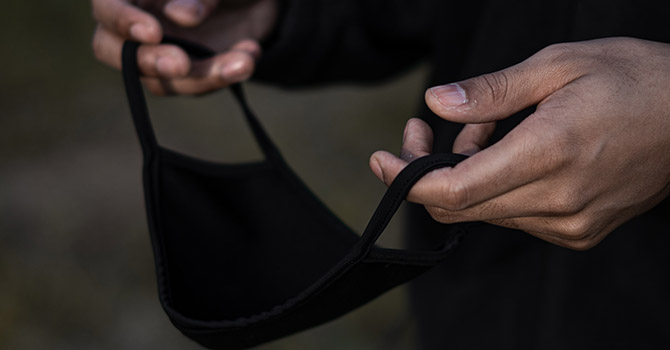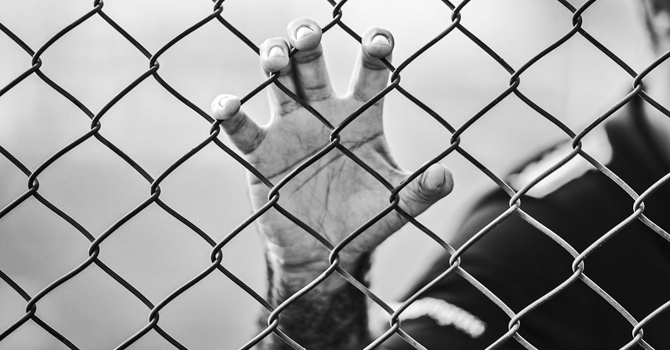
Policing Is a Public Health Issue
Health Behavior and Health Education Diversity, Equity, and Inclusion Committee
We're still accepting applications for fall 2024!
Apply Today

Genetically modifying mosquitoes to control infectious disease is not a new idea. But all consequences—the good and the bad—of such an intervention must be adequately vetted. And importantly, argues physician and alum Utibe Effiong, local communities should have a say in the process.

Early screening and intervention, including in the doctor’s office, can help address health inequities and mitigate their impact. The negative effects of childhood adversity extend to a variety of health outcomes. Screening promotes well-being by ensuring families have the resources they need to maintain a healthy environment for their child.

Thousands of children still live inside US immigration detention centers, and they are not getting adequate care. These populations include large numbers of Latinx children currently living in a traumatic and uncertain environment. Obtaining the data necessary to understand the mental health impacts of detainment on these children is vital.

Black residents of Washtenaw County, like elsewhere in Michigan, have been disproportionately affected by COVID-19. In the fight to gain racial justice in the US, it is critical that we examine how racism contributes to health inequities right here in our backyard.

In the US, ten times more people with mental health disorders are in jail or prison than in mental health facilities. The coronavirus pandemic further complicates this matter, putting incarcerated individuals at increased risk of infection.